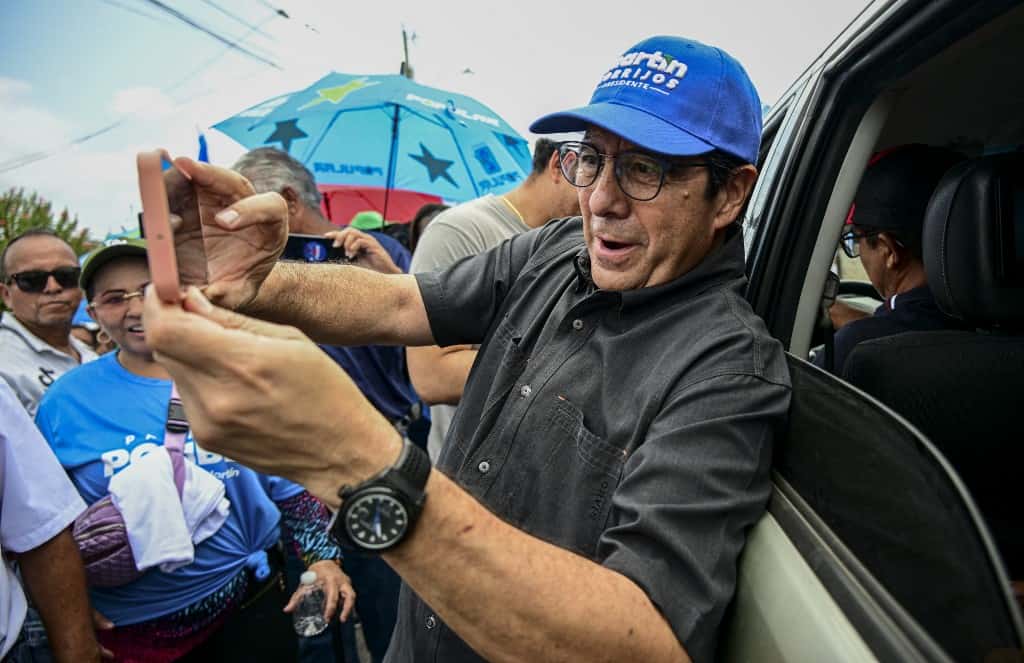Panamanian presidential candidates avoided signing a commitment on Tuesday to guarantee the rights of the LGBTQ community, including the recognition of equal marriage. The eight candidates for the May 5 elections were invited by sexual minority organizations to sign this pact, but none showed up, unlike what they have done with the demands of other social sectors.
“The issue is that they don’t want to appear in a photo” with LGBTQ activists during the electoral period, said Samirah Almengor, from the International Coalition of Women and Families, one of the organizers of the commitment.
Four opposition candidates lead the electoral polls: former minister José Raúl Mulino, substitute for the disqualified former president Ricardo Martinelli; former president Martín Torrijos (2004-2009), Rómulo Roux, and Ricardo Lombana.
Only the vice-presidential candidate Richard Morales, partner of the leftist Maribel Gordon, who lacks options according to the polls, attended the failed signing ceremony. Representatives of the UN and the OAS, as well as several diplomats, also attended as guests.
“It’s an important loss that the presidential candidates are not here,” said Edith Castillo, from the UN Population Fund.
“It is very important to remind the future leaders of the country that as long as not everyone is part of sustainable development, we will continue to have a society that is still not inclusive and peaceful,” said the UN resident coordinator, Ana Groça.
The proposed document states that there is “deep concern” for the rights of the LGBTQ community in Panama, as its members “face obstacles” in accessing basic services such as health, education, and employment.
“It is necessary for the Panamanian State to take urgent measures to guarantee the protection and respect of rights,” it adds.
In Panama, where there is a strong influence from the Catholic and evangelical churches, the internal codes of public institutions consider homosexuality a “serious offense,” which can lead to dismissal. Gays and lesbians are also not allowed to donate blood.
The promoters of the pact sought to get the candidates to also commit to the advisory opinion issued by the Inter-American Court of Human Rights, which in January 2018 ruled that homosexual couples have the same rights as heterosexual couples.
However, the Panamanian Supreme Court rejected the recognition of equal marriage in March 2023, arguing that it “does not have the category of a human right” in the country’s Constitution.
“We are not only asking them to love us, but we have real demands,” said Almengor.






